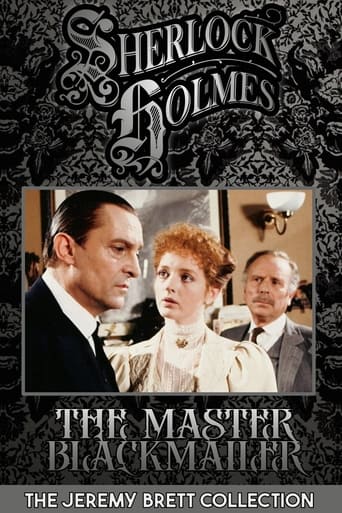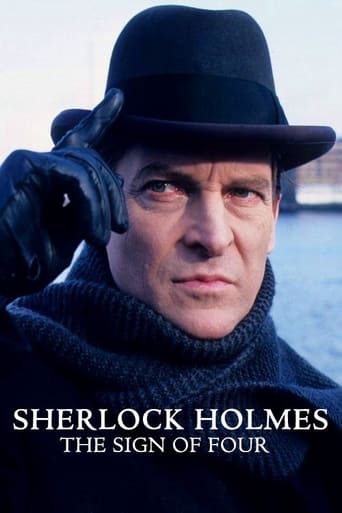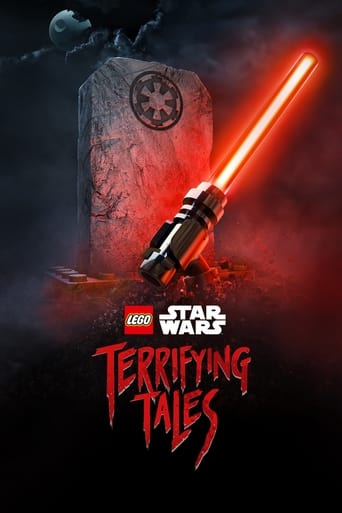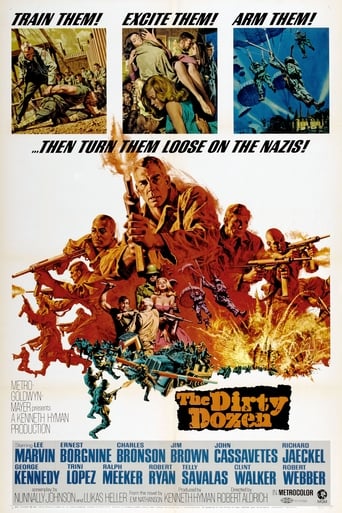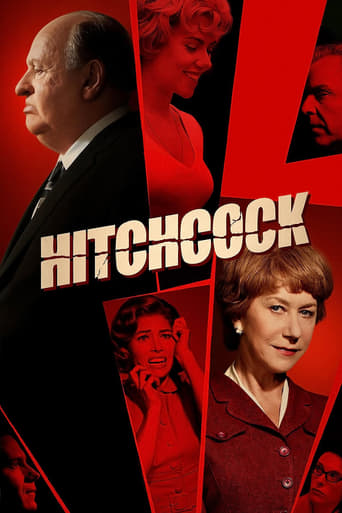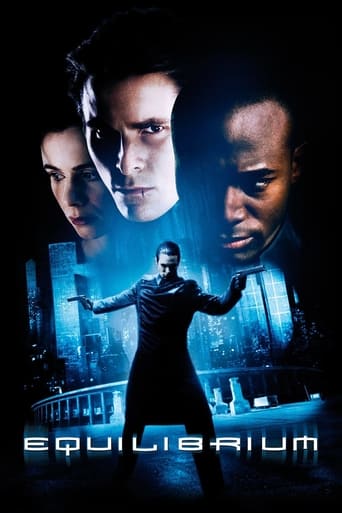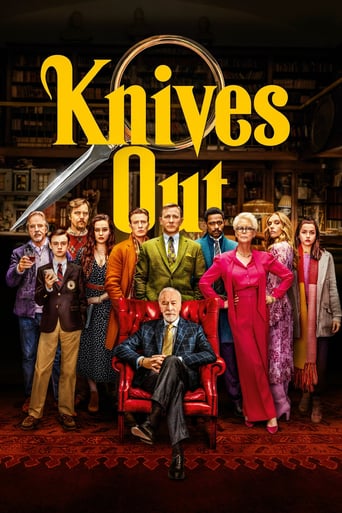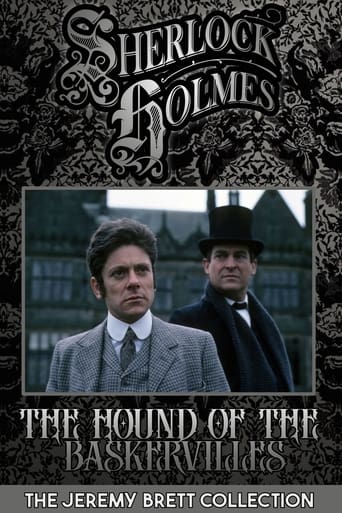


The Hound of the Baskervilles
Sir Charles Baskerville dies on the moor under mysterious circumstances and rumors abound about a demonic hound. When the American heir arrives to take charge, a family friend calls in Holmes and Watson to get to the heart of the mystery.
-
- Cast:
- Jeremy Brett , Edward Hardwicke , Raymond Adamson , Alastair Duncan , Ronald Pickup , Kristoffer Tabori , James Faulkner


Similar titles
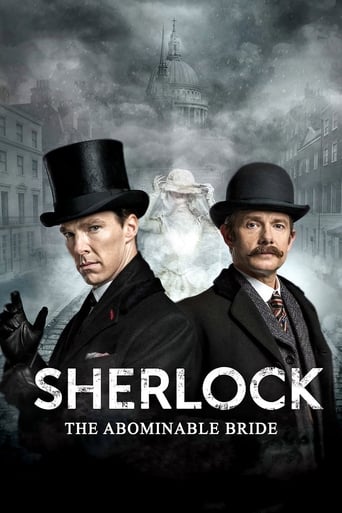

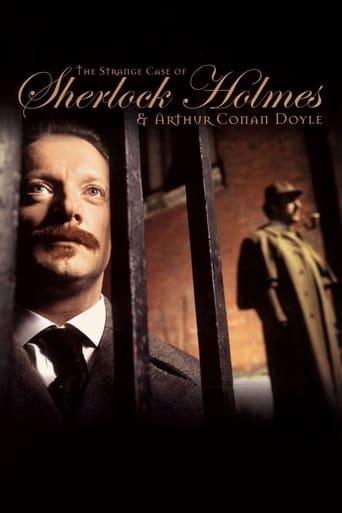
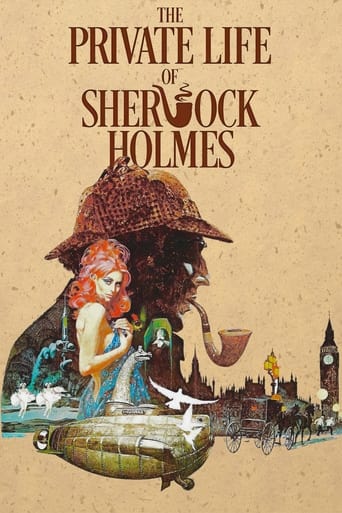
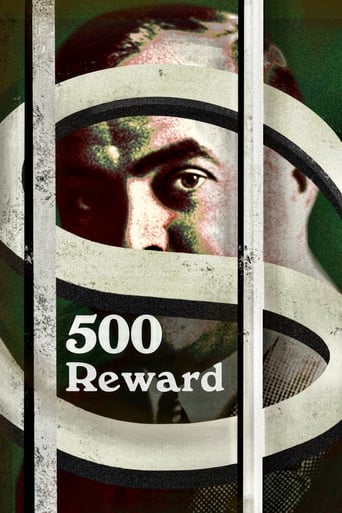
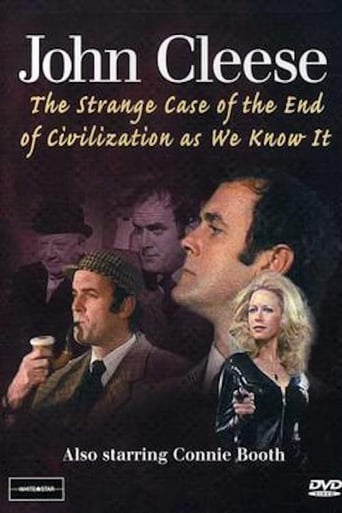
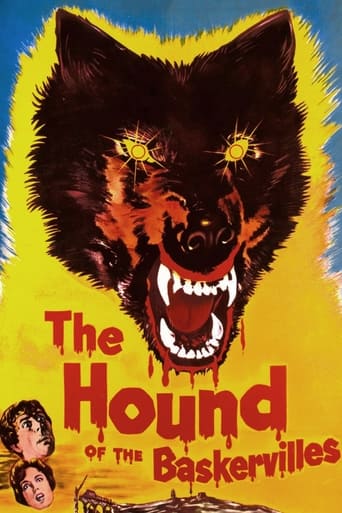
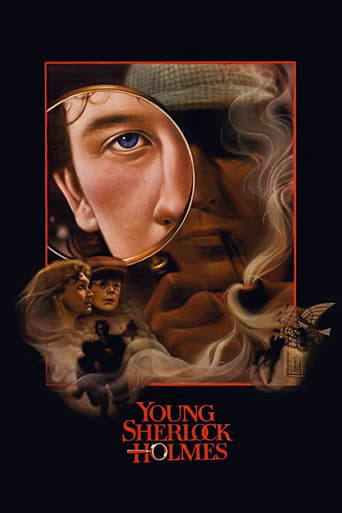
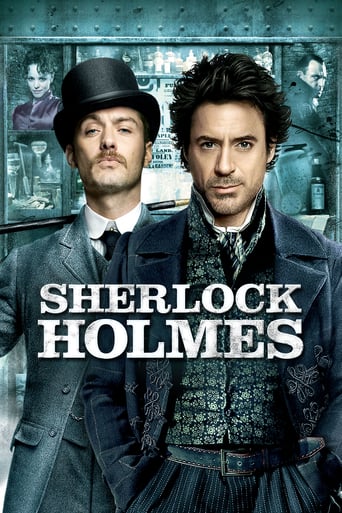
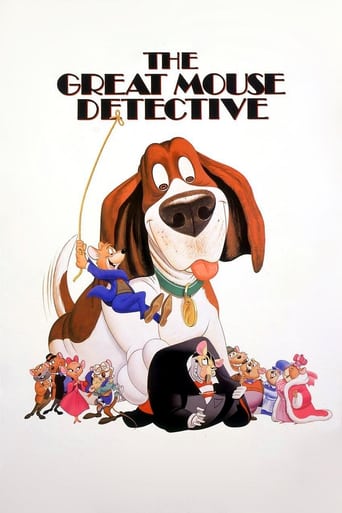
Reviews
Highly Overrated But Still Good
An Exercise In Nonsense
A story that's too fascinating to pass by...
It's a good bad... and worth a popcorn matinée. While it's easy to lament what could have been...
Holmes (Brett) and Watson (Hardwicke) investigate the legend of the murderous hound that haunts the newly arrived Sir Henry Baskerville (Tabori) at his country estate. Is it really supernatural, a curse handed down through the centuries because of an outrage committed by the original owner of the gloomy Baskerville Hall? Maybe, and maybe not. After all, there are some pretty freaky people living around the Great Grimpen Mire. Stapleton the butterfly collector and his attractive wife. The litigious and eccentric astronomer Frankland. Doctor Mortimer looks innocent enough but he hates rabbits and shoots them dead at every opportunity. Then there are Sir Henry's servants, the dour Barrymore and his sobbing wife, who clearly have something to hide. And maybe the escaped mass murderer Selden is hanging around the Tors and making mischief. I suppose we can excuse the local Vicar -- or CAN we? Overall, this is about as good as this familiar tale is going to get. The performances are all at least adequate and Tabori is somewhat more than that. The moment when he first meets Holmes and Watson, for instance. Hearing them enter the room, he turns around, gives them an up-and-down appraisal, and says, "Hello," in a tone that perfectly expresses curiosity combined with an offer of genuine friendship.This film is the length of a feature, but as in the other episodes of the series, every period detail is punctiliously observed. It sticks far more closely to Conan-Doyle's original story that any of the other versions I've seen -- and there have been many.The 1939 version with Rathbone and Bruce was fine in its own way. Rathbone's range as an actor was limited but Holmes was definitely in his ball park. Yet the earlier version changes some properties of the original story and drops others altogether. The servants' names are changed from Barrymore to Barryman, for example, and for obvious reasons, including John, Ethel, Lionel, John Drew, and Drew. The little scenic tour provided by the misused typist, Laura Lyons, doesn't appear in 1939, although a completely irrelevant séance takes up some screen time. We can't blame the writers. Adaptations juggle things around. Olivier's "Hamlet" dumped Rosenkrantz and Guildenstern. But the Rathbone/Bruce rendition was shot entirely in the studio among papier-mache rocks and it shows. When people speak out of doors you hear echoes where there should be no echoes. There was a 1959 Hammer version too but it's only a distant relative of Conan-Doyle's story and can't claim much in the way of an inheritance.We don't get to see much of the Hound of the Baskervilles, which is just as well. If you get too close a look at a monster on the screen, you can't help noticing that it's just a man in a rubber suit, or a big dog painted with phosphorous. On the other hand, we get another one of those gags about Watson being served unappetizing food, the kind of laugh that Hitchcock was so fond of. When Watson visits Holmes' little apartment in a Bronze Age tomb, Holmes serves him a plate of what he calls "stew" and rubs his palms and smiles with pride at his own cooking. It looks like dog food. Watson takes a spoonful and says, "Holmes, this is disgusting." Holmes' smile fades and he comments, "I suppose it would have been better hot."Grenada TV, the producers, ought to get a medal for digging up their rustic locations from all over England. Oh, those stately homes. I never realized there were so many. Those were the days alright. Imagine being Sir Henry Baskerville -- hound or no hound. Surrounded by cooks and servants and gardeners and pages squires and vassals and whatnot. What does he do on his day off? He can't just lie around the house all day, because that's his JOB.
This was a very fine adaptation of a great book. True it does start off slowly, like the book, and I don't think it is quite as good as 1987's Sign of Four. That was creepy, suspenseful, and featured a wonderfully understated performance from the late great John Thaw. The minor negatives aside, this is a conveniently faithful and suspenseful adaptation.It does benefit from fine camera work, wonderful scenery and costumes, and the music score was superb. And there are some genuinely creepy moments, in particular the opening and any other scene with the very scary looking Hound. It isn't all creepy though. There is a very charming ad libbing moment between Holmes and Watson, that was really nice to see.And the acting was great, especially Jeremy Brett as Holmes. Despite the fact that he was ill during production, he still gave a stellar turn as always in the role I remember him by most. Brett was a great actor, and it was a real shame when he died; I will always consider him as the definitive Holmes, with his gritty baritone and towering presence Brett was perfect as Holmes. Edward Hardwicke as Dr Watson is a really nice contrast, and their chemistry is evident here. The supporting performances were sterling, worth of note were James Faulkener and Ronald Pickup.All in all, while not as good as Sign of Four, it was a very atmospheric and faithful adaptation. 9/10 Bethany Cox
I think I was ten when I first read this novel. It was fascinating, brilliant and exciting,it became one of my favourites from Conan Doyle.I really liked the Granada version of it and the Granada Holmes series too.The studio fulfilled a hard task by remaining faithful to the original stories, and the result is:many-many fans of the series all over the world. But the success mostly depended on the wonderful cast. For me Jeremy Brett and Edward Hardwicke were not playing Holmes and Watson, they simply identified themselves with the characters.They share a unique, noble friendship which you cannot find in today's movies.Though Holmes is sometimes rude and impatient with Watson, you can always sense this deep sympathy between them.Brett's Holmes is a cool, elegant and eccentric detective, master of some martial arts, who has all-embracing knowledge.He calls his method deduction: he examines everything thoroughly and completes the puzzle.It is really sad that Jeremy Brett died and the series had to be ended. I liked his Holmes very much. I read many interviews with him and these show a charming, friendly man with a great sense of humor (and he was handsome too!). Thank you very much, Granada Studios. And above all: thank you, Mr. Brett.
If you want to understand film, you need to understand the three main narrative types: noir, that genre derived from the musical, and the detective story.While the detective story in film essentially means Agatha Christie, you can't understand that unless you understand Holmes. And the "Hound", my friends is the only long form we have of the Holmes stories.Further, if you are looking for a version that is true to the source (more or less) plus being slightly engaging, this is your station for the evening. There are lots of problems, not the least of which is the material. The Holmes stories are impossibly unfilmable: it is "precinematic" literature that imagines engravings first (a severed engineer's thumb for instance) and then spins an intellectual universe around that. Within this is the yeoman reportage of Watson which is distinctly journalistic. This only works well on the short form. "Hound" was a failure even by Victorian pulp standards, because it attempted subplots and parallel threads and succeeded imperfectly. So in "Hound" we start with a poorly crafted story that is also inherently uncinematic.But what a story! Doyle was by this time just entering his own belief that the supernatural did exist. In fact, he became the leading figure in the world-wide spiritualist movement. After this period he would famously play the "modern" scientist to the debunking Houdini an amazing reversal of roles: Conan Doyle invented the "thinking machine" human rooted in logic and Houdini made a living fostering the illusion of hidden powers. Doyle's struggle with the two sides mirrors that of the story. Add to that the production values of this series. Of all attempts, this has the best depiction of Holmes, or at least it started out that way. Brett's Holmes is full of private and explosive thoughts. His character is bipolar and attracted to drugs.True to the established BBC model, the producers shifted the creative team around for each episode so the quality varies. The director this time, Mills, takes a Sherlockian perspective himself. When the story starts and before we get banished to the moor, he establishes the detective's eye. His camera swoops about, examining details of the situation as if it were our eye and we were Holmes.As an example, there's a great scene with the doctor from the moors ("Mortimer," get it?), the new Sir Baskerville, Holmes and Watson having breakfast in a fancy hotel. While another TeeVee director would give us two alternating over the shoulder shots with an establishing one, Mills swoops all about the whole room then after a 180 degree swing settling on the threatening letter. It is dePalma drawn smallish for the little screen, but its nice.And overlain on all this is Brett's second edition of Holmes. It is after his breakdown and first institutionalization. After he has disfigured his hair, after the lithium has added 40-50 pounds and drained all the life from his face and spirit. To get the value of this we need to remember his previous Holmes version from the motions he copies from that time.And so we have the rule of twos set in discovery: an author casting reason against magic and personally deciding on magic; his character casting the same and deciding the opposite; the filmmaker (such as they are in TeeVee projects) casting the alert eye against an uncinematic vision and personally winning; and the actor casting the same and personally losing.Along the way the adapter forgets the brutish, wife beating artist, the one concession Doyle made to reflection.Ted's Evaluation -- 2 of 3: Has some interesting elements.

